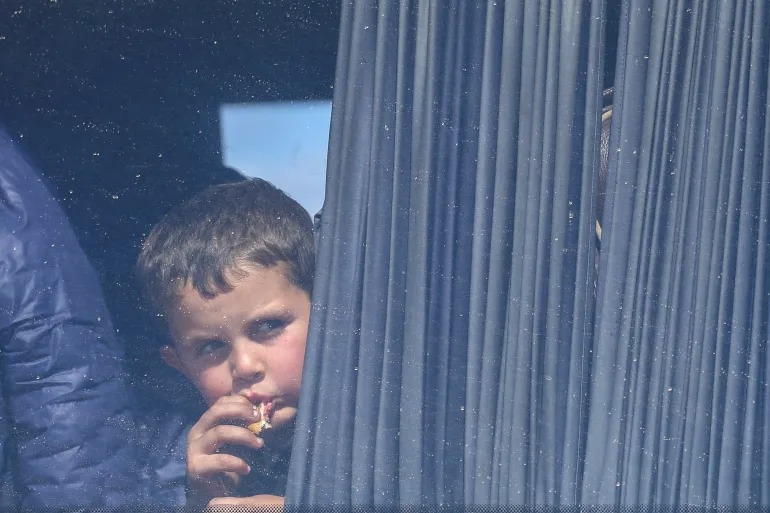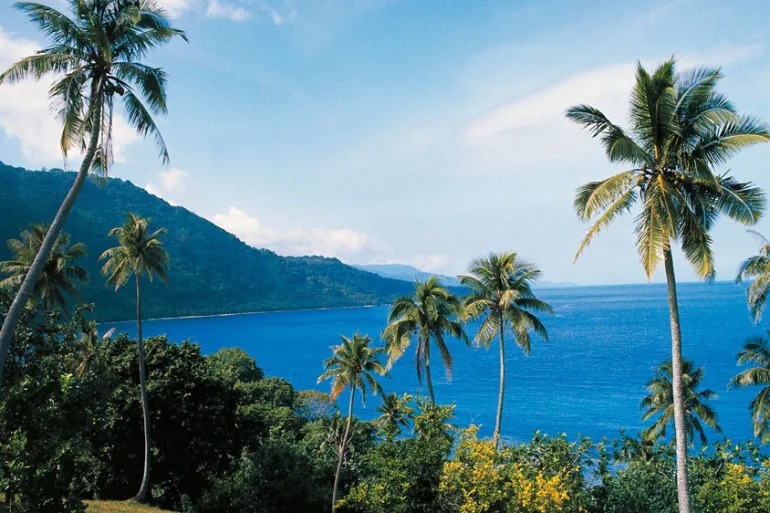The United Nations has announced its first mission to Nagorno-Karabakh in nearly three decades, prompted by the urgent need to address a burgeoning humanitarian crisis. Azerbaijan’s recent retaking of the region has led to a mass refugee exodus, igniting concerns of ethnic cleansing. Simultaneously, Armenia has sought the intervention of the International Court of Justice to compel Azerbaijan to withdraw its troops from civilian areas, allowing safe access for UN relief efforts. This unfolding situation has raised alarm worldwide, drawing attention to the complex geopolitical dynamics that have gripped the region for years.
UN’s First Mission to Nagorno-Karabakh in 30 Years
The United Nations, in a historic move, has decided to deploy a mission to Nagorno-Karabakh, a region long plagued by territorial disputes and military conflicts between Azerbaijan and Armenia. The mission, agreed upon by Azerbaijan and the UN, will take place over the upcoming weekend, marking the organization’s return to Nagorno-Karabakh after a prolonged absence of approximately 30 years. Stephane Dujarric, a UN spokesperson, emphasized the importance of this mission, given the “very complicated and delicate geopolitical situation” in the region.
Dujarric also disclosed that the mission would access Nagorno-Karabakh by air from Azerbaijan and would be led by a team of around a dozen individuals from the UN’s humanitarian affairs department. Their primary objective is to assess the pressing needs of both the residents who have remained in the territory and those displaced by recent events. Dujarric concluded by stressing the significance of upholding international law and human rights standards in the midst of the crisis.
Armenia’s Plea to the World Court for UN Access
Concurrently, Armenia has turned to the International Court of Justice, seeking provisional measures to ensure UN access to Nagorno-Karabakh. In February, the World Court had ordered Azerbaijan to guarantee free movement through the Lachin corridor to and from the disputed region, marking a preliminary legal step in the ongoing disputes between Armenia and Azerbaijan. Armenia’s recent request asks the court to reaffirm its previous orders to Azerbaijan and to further demand that Azerbaijan refrains from any actions aimed at forcibly displacing the remaining ethnic Armenians from Nagorno-Karabakh.
Experts in international law have contended that the mass exodus of ethnic Armenians from the region might constitute the war crime of “deportation or forcible transfer” or even qualify as a crime against humanity. This has heightened global concerns about the situation in Nagorno-Karabakh and the potential humanitarian catastrophe that looms over the area.
Global Concerns Rise Over Ethnic Cleansing in Nagorno-Karabakh
Last week, Azerbaijan’s forces successfully regained control of Nagorno-Karabakh, a self-declared state primarily inhabited by ethnic Armenians. This military action triggered a significant wave of residents fleeing the region, sparking fears of ethnic cleansing. Over the years, the region has been the focal point of two devastating wars between Azerbaijan and Armenia, making the recent developments all the more worrisome.
The international community is closely monitoring the evolving situation in Nagorno-Karabakh, with many nations expressing deep concerns about the potential for further violence and humanitarian suffering. As the UN embarks on its mission to assess the immediate needs of the people affected, there is a collective hope that diplomatic efforts and international law will help mitigate the crisis and protect the rights and well-being of the region’s inhabitants.
















